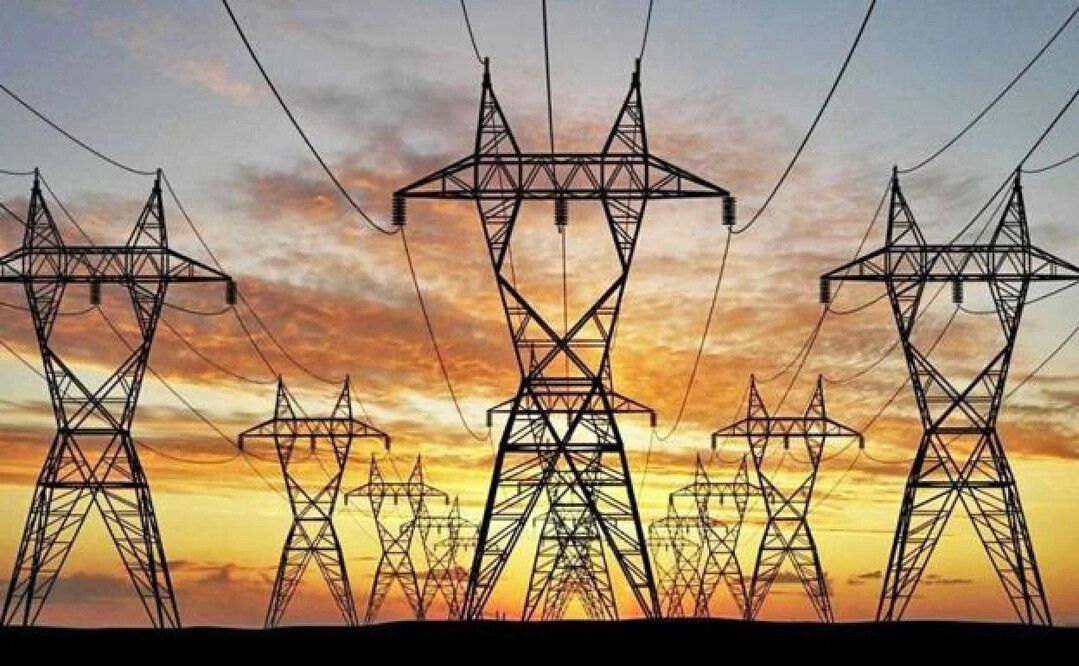
The National Electricity Administration (ANDE) of Paraguay has announced a record-breaking surge in electricity demand due to the recent extreme heatwave, reaching 5,122MW, which accounts for 58% of the available power.
This figure is close to the total available power of 8,760MW from the Acaray, Yacyretá, and Itaipu hydroelectric power plants. The Meteorological Agency reported temperatures of 39℃ with a perceived temperature of 43℃, indicating that the heatwave directly contributed to the increased electricity demand.
This surge in electricity demand is clear evidence of the severity of climate change. According to ANDE data, electricity consumption increased by 11% from January 2024 to January 2025, and the annual increase in electricity consumption for 2024 exceeded forecasts by threefold, reaching 18.4%. This is primarily attributed to the increased use of cooling appliances such as air conditioners and fans in the residential, commercial, and industrial sectors.
In addition to the increased electricity demand due to the heatwave, the rise in electricity consumption from legal cryptocurrency mining operations is also a significant factor. In 2024, electricity consumption from cryptocurrency mining reached 26,143GWh, a substantial increase from 22,080GWh in 2023. Although the exact electricity consumption from illegal cryptocurrency mining operations is difficult to determine, it is estimated to be significant.
To address the rapidly increasing electricity demand, investment in power infrastructure is essential. However, discussions are needed on who will bear the investment costs. It is unfair to place the burden solely on ordinary citizens who are directly affected by climate change and cryptocurrency mining.
Considering its nature as a public good, power infrastructure investment must meet efficiency, quality, and equity standards. Risks such as corruption, excessive costs, and conflicts of interest must be controlled, and high-quality investments must be made from a long-term perspective. Equity must also be ensured in investment targets and resource allocation.
The government must manage and supervise to ensure these conditions are met and transparently disclose the progress of investments. Ultimately, the economic, social, and environmental consequences of investment decisions will affect the citizens.
[Copyright (c) Global Economic Times. All Rights Reserved.]




























